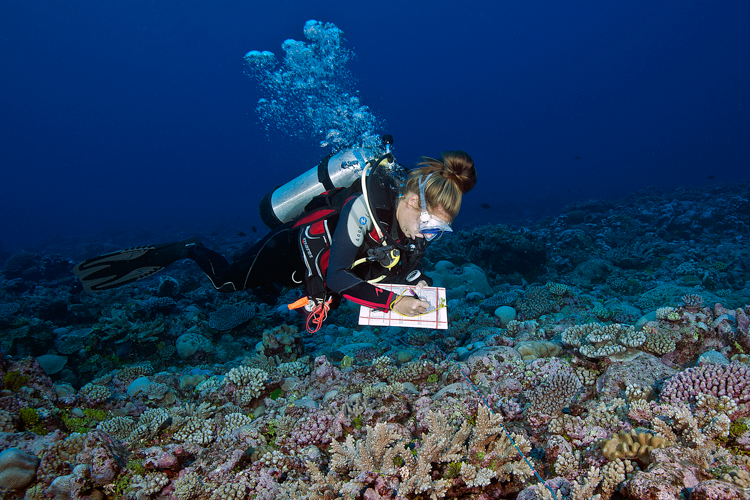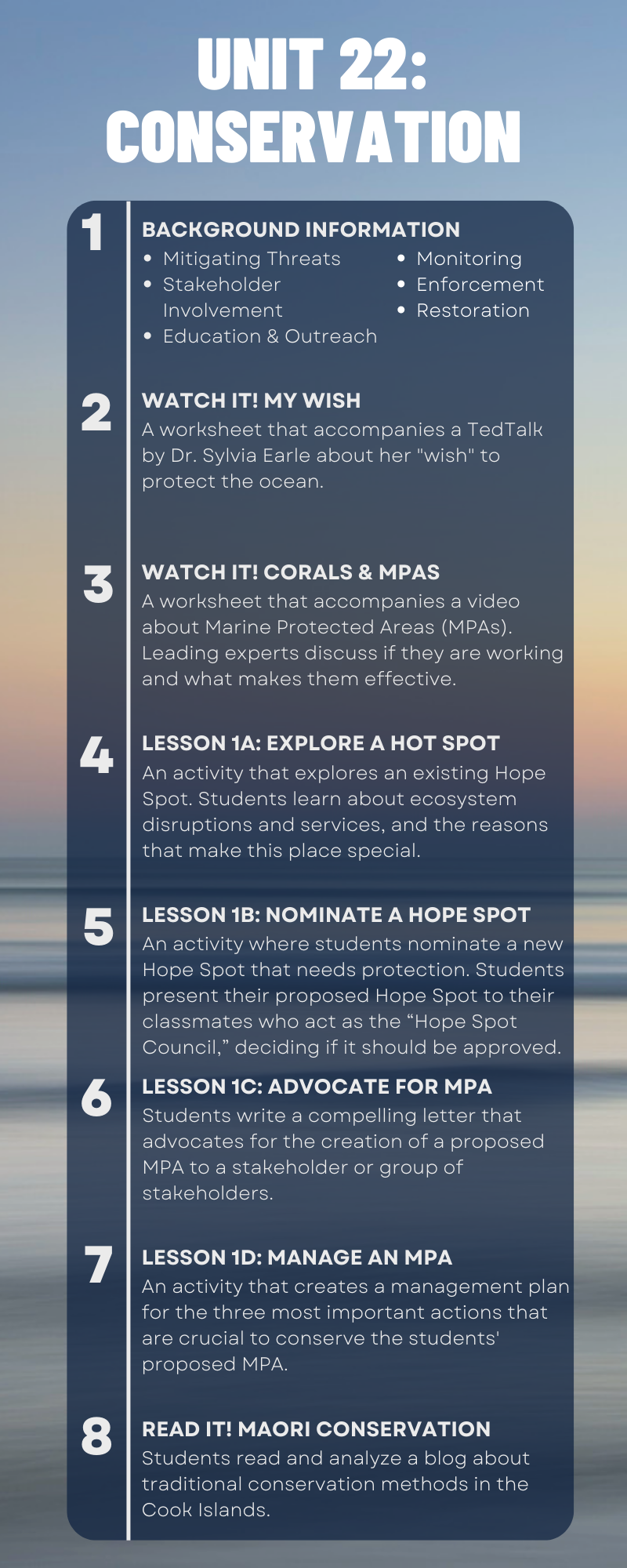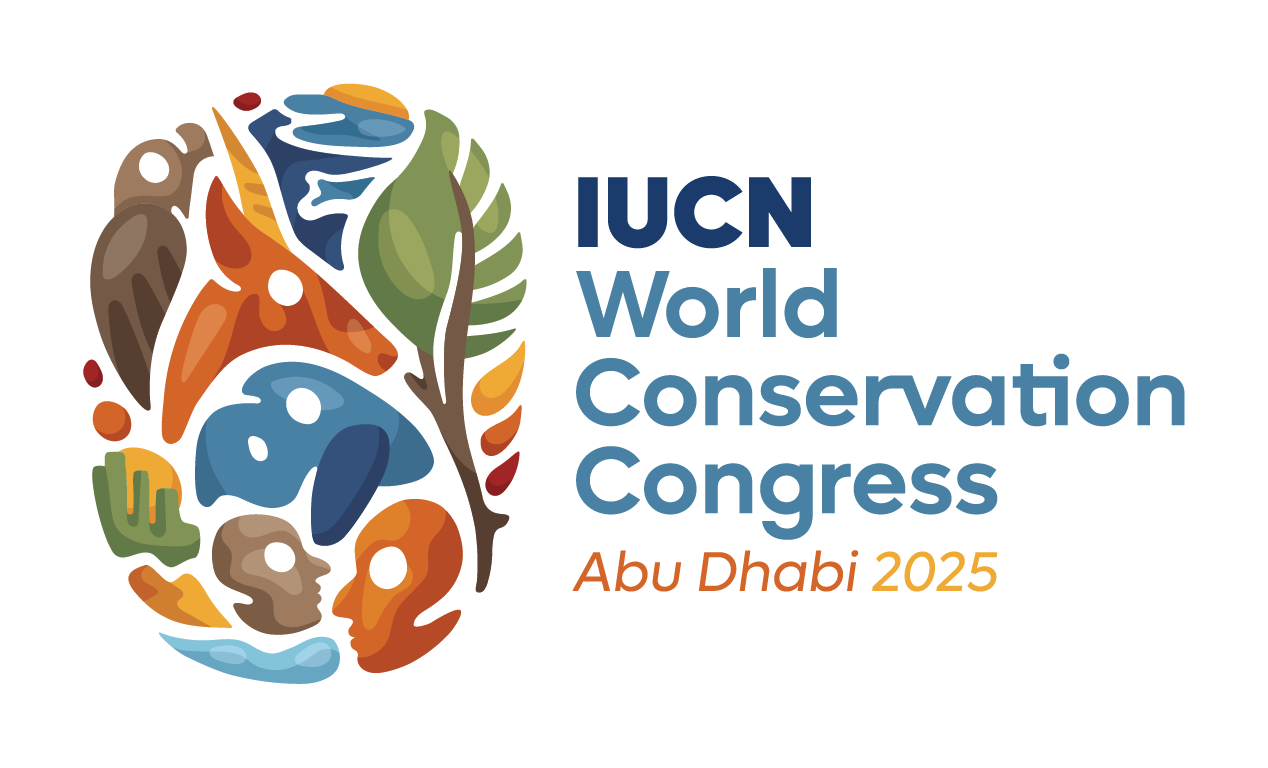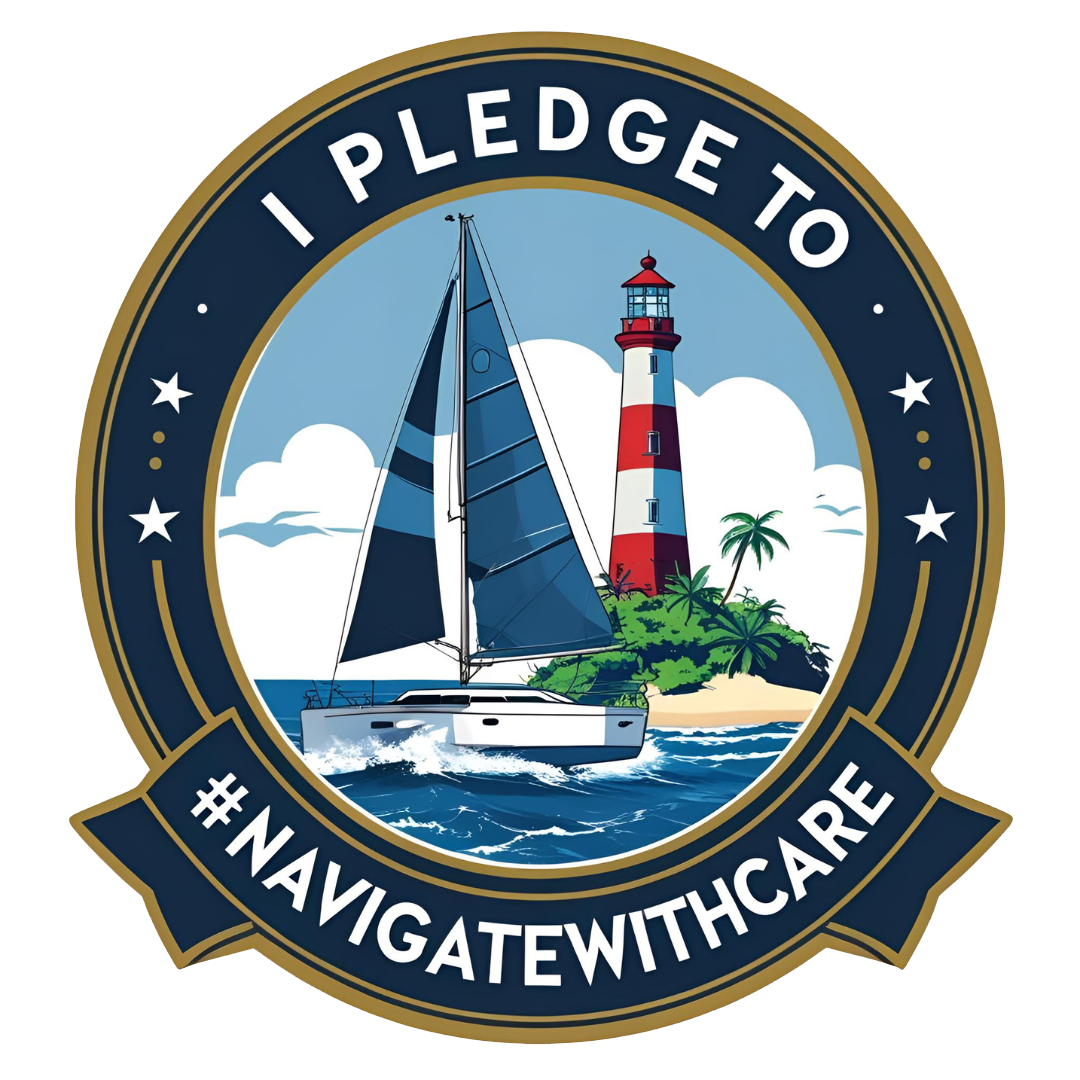
Dear Educators,

In the last newsletter, we shared information about our new curriculum unit about food webs. As promised, we are thrilled to be able to share an important new unit with you about ocean conservation. This unit contains background information, two Watch It! worksheets, four comprehensive activities, and a Read It! worksheet. Please see the graphic for more detailed information about each.
Around the world ocean conservation efforts vary, but perhaps one of the most effective ways to protect the ocean is by establishing a Marine Protected Area (MPA). The path to creating an MPA is not always the same. The four activities in this unit (Lessons 1A-1D) illustrate one path that can lead to the creation of an MPA. In these activities, students will actively participate in the process of creating and managing an MPA. Students will not only learn about these processes, but they will also gain a deeper knowledge of the disruptions to ecosystems, the ecological importance and ecosystem services the ocean provides, and the actions that we can take to conserve ecosystems.
Although the activities in this unit are meant to be completed consecutively, as the knowledge builds upon the previous lesson, they can also be used as standalone activities. We also suggest that students work in a group when conducing these activities, but, of course, this may not meet the need of every student.
The Watch It! and Read It! worksheets in this unit aid in teaching the core concepts in Lessons 1A-1D. The Watch It! worksheets, which accompany two different videos about ocean conservation, are a great way to introduce more difficult concepts. In the video titled My Wish, Dr. Sylvia Earle, a world-renowned ocean conservationist, describes her “wish” for protecting the ocean. This video is a great introduction to Hope Spots, which will be presented in Lesson 1A: Explore a Hope Spot, and the scientist who initiated this global ocean conservation campaign, Dr. Sylvia Earle.
The second video, titled Our Living Oceans: Corals and Marine Protected Areas, is a great introduction to MPAs. Students will learn about MPAS and hear from leading experts what is working and what makes them effective. Although this video can be watched at any time, it is especially useful to watch the video before conducting Lesson 1C: Advocate for MPA where students advocate to a stakeholder or group of stakeholders to create an MPA.
The Read It! worksheet is a great way to incorporate English Language Arts into your science classes. The blog associated with this worksheet provides a great example of one method of Māori traditional conservation being conducted in the Cook Islands, located in the South Pacific. The blog is a great way to teach students about the importance of indigenous knowledge and traditional conservation methods.
For more suggestions about how to utilize the activities in this unit, login as an teacher to our Education Portal and download the lesson plans, which contain an overview of suggested ways to implement Lessons 1A-1D and step-by-step instructions on how to conduct each lesson.
Best of luck to you all as you begin your new academic year!
Amy Heemsoth
Director of Education


